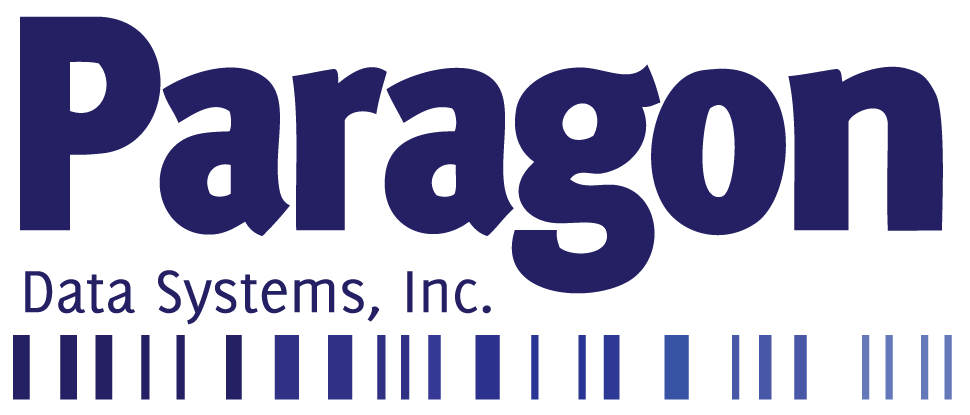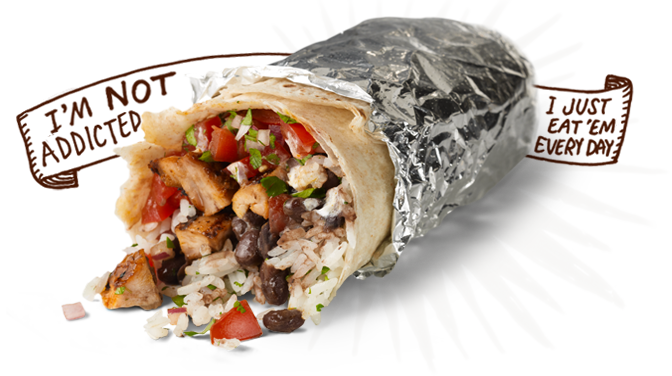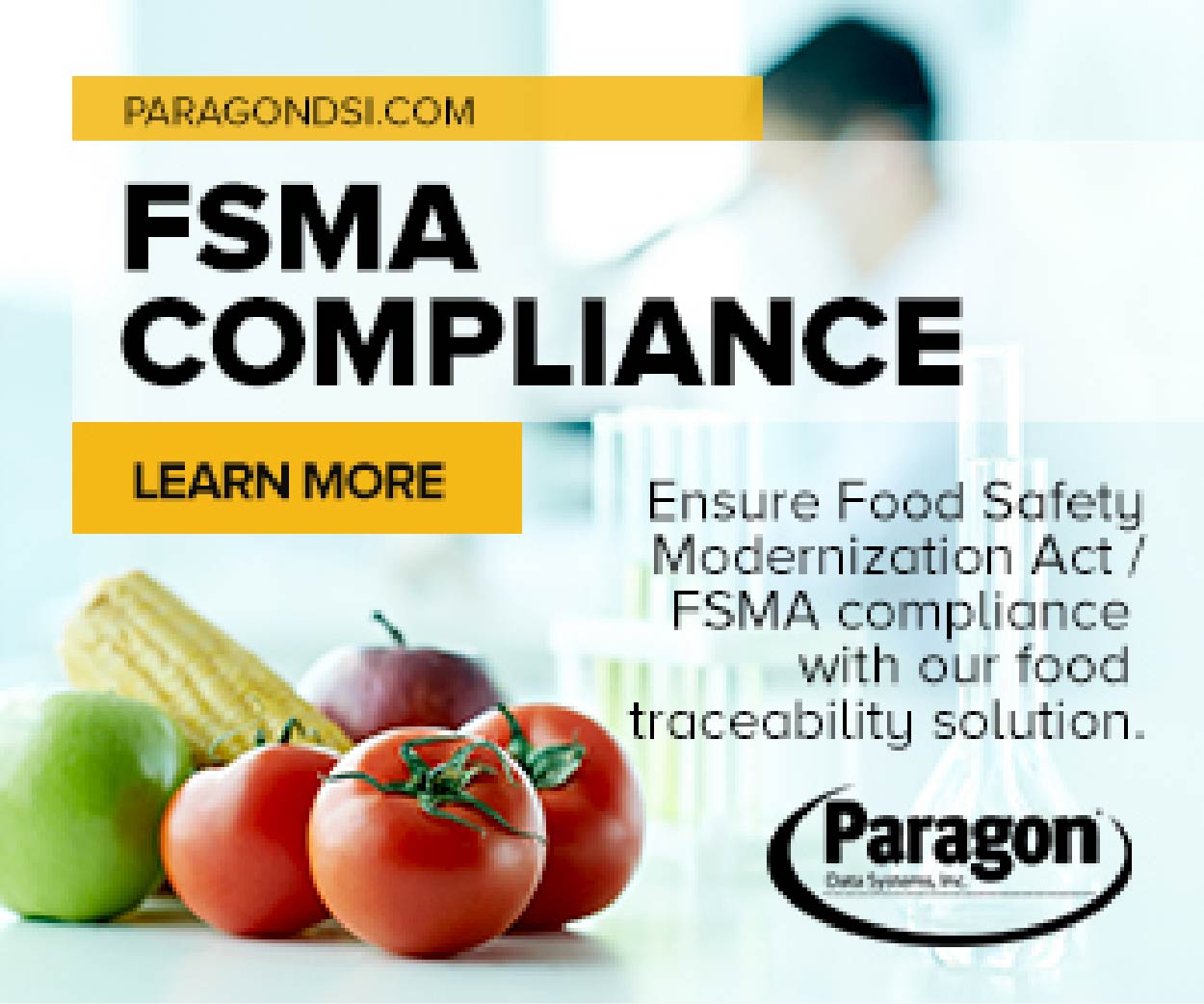CHIPOTLE CLOSES FOR FOOD SAFETY CONCERNS
IS IT ENOUGH? CAN THEIR BRAND BE SAVED?
Food safety concerns abound in the social media stratosphere. Burrito fans across America will have to go without their favorite food fix today. Chipotle is facilitating a nationwide shut-down to hold an all-staff meeting about food safety. The restaurant’s doors will remain closed until 3 p.m. local time.
Training will take place at their headquarters in Denver and will be broadcast to all other locations. The meeting will cover topics like more stringent food preparation protocols, DNA-testing of ingredients, and paid sick leave to prevent the spread of disease, in an effort to address and eliminate the recent blowback from multiple foodborne illnesses.
While these measures are admirable, it might be too-little-too-late for the popular Tex-Mex chain. Chipotle has been living a nightmare that no restaurant ever wants to face: contaminated foods, and much worse, a continued difficulty in ferreting out the cause of the contamination. Part of Chipotle’s business model is sourcing local foods, which allows them to serve better tasting, fresher produce and meats. Unfortunately, this presents major issues when it comes to pinning down sources of bacteria, which in turn garners public disapproval. In many areas, the once infamously out-the-door lines are now relative ghost towns. Customers are having trouble trusting that the company has their best interests at heart.
Why has this been such a huge problem for Chipotle?
It’s a fact that food safety snafus aren’t isolated to Chipotle; in fact, the CDC states that the number of fast food outbreaks has increased across the board in recent years. Still, with no less than three separate outbreaks in just two months’ time, it would appear that Chipotle’s problems are more than a string of bad luck. Supply chain recordkeeping inefficiencies are allowing any foodborne illnesses they may have to escape, largely unchecked, into a much greater portion of the population.
While the CDC reports that Chipotle has been compliant with all illness investigations, they are still having a lot of difficulty figuring out which ingredients were delivered to which stores at which times.
Ian Williams, who oversees the CDC’s outbreak response and prevention team, said the reason for these roadblocks can be attributed to their poor traceability.
“The system they have is not able to solve the problem we have at hand. It’s not granular enough. Traceability from the farm to the point of service should be improved throughout the food industry.”
With over 100 suppliers, Chipotle has a long chain to regulate. Like many in the food industry, they don’t have an automated, drill-down method of lot traceability, which means a far slower response time in terms of reporting and tracking the pathogen. Williams admits that this is a common issue he sees when trying to locate the origin of large-scale, multistate outbreaks; indeed, his team has only been successful in less than half of all cases.
So how do you provide high-quality, fresh ingredients without risking consumer health?
In order to comply with FDA standards, have a better handle on food origins, and prevent outbreaks from spreading, it is imperative that any company dealing with foods turns to automation. Paper-based methods, especially for Chipotle’s large supply chain, need to be left behind.
Recording the lot or batch of an ingredient as it is picked and packaged and keeping a database of these records is just about the best way to protect your business from fines and minimize brand damage. Why? Databases are secure, regularly backed up, and able to be accessed from multiple points by workers on the floor and facility management. If a recall occurs, these records can be delivered to the FDA within the required 24 hour time period, and the company can quickly determine where the contamination starts and ends in the production or processing system.
Once the specifics of the outbreak are known, the company can inform the public of the danger much sooner, which goes a long way towards repairing trust and preventing lost revenue. Studies show that 87 percent of consumers will still purchase a brand after a recall if they felt the company was honest and transparent. A fast and thorough response time is the best way to mitigate damages, a response time only made possible by complete and sharable records. Gathering this information from the start- at the farm where the food is grown- is an easy, less expensive way to provide a visible supply trail.
Chipotle’s new plan to shift more ingredient prep out of local eateries and into its centralized kitchens may go a long way to preventing more foodborne illnesses in the future, but they can expect to face similar issues if they don’t implement a better tracking system. Only time will tell whether they can recover their once-strong fan base.
If you would like to learn more about lot traceability and how you can implement efficient food safety processes at your farm, plant, restaurant, or packaging facility, give us a call or download our educational guide. Whether you’re a local brewery or a national meat-packing factory, our food traceability team can design a custom system that fits your needs.
ABOUT PARAGON
Paragon Data Systems provides customized barcoding solutions for companies of all industries. They specialize in creating systems for customers whose requirements are outside the standard offerings of barcode systems. As important players in the barcoding game since 1995, Paragon is certified to work with and design advanced and efficient tracking systems for the most stringent food safety laws.





